11/16号の英誌エコノミストの、Can trials heal the wounds of war ? (裁判は戦争の傷を癒すことができるのか?)という記事が興味深ったので紹介してみたいと思います。
この記事では、連合国が極東国際軍事裁判 (東京裁判) にて日本の戦争犯罪を裁く過程において、被告の全面無罪を主張したある判事のことが紹介されています。
その中から少し記事を抜粋してみたいと思います。
(原文)
Of the 25 defendants who survived the trial, all were convicted and seven were hanged, including the prime minister, Tojo Hideki. But some of the judges dissented, including Pal, who argued in a 1,230-page objection that all the defendants were innocent. Pal became a hero to many Japanese for saying the trials represented “formalised vengeance” and could bring “only an ephemeral satisfaction, with every possibility of ultimate regret”.His dissent also covered events beyond the scope of the trial: what he called the “inhuman blasts” at Hiroshima and Nagasaki in 1945. The killing of tens of thousands of civilians in these attacks, seen by many as militarily unnecessary, was not a war crime.
(日本語訳)
裁判にかけられた25人の被告のうち、全員が有罪判決を受け、首相の東条英機を含む7人が絞首刑に処された。しかし、裁判官の中には反対意見もあり、パルもその一人であった。パルは1,230ページに及ぶ反対意見書の中で、被告は全員無実であると主張した。パルは、裁判は「形式化された復讐」であり、「刹那的な満足しかもたらさず、究極的には後悔する可能性がある」と述べたことで、多くの日本人にとって英雄となった。彼の反対意見は、裁判の範囲を超えて、1945年に広島と長崎で起こった「非人間的な爆発」と呼ばれる出来事にも及んだ。これらの攻撃で何万人もの市民が殺されたが、軍事的には不必要であったと多くの人が見ており、戦争犯罪ではなかった。
恥ずかしながら、この記事で紹介されている、ラダビノド・パル判事のことを知りませんでしたが、極東国際軍事裁判(東京裁判)において連合国が派遣した判事の一人で、”平和に対する罪と人道に対する罪は戦勝国により作られた事後法であるとして、被告人全員の無罪を主張したことで知られているそうです。
日本の戦争責任は戦勝国によって犯罪として裁かれ、また戦後交付された憲法の9条における戦争の放棄の法規にもより、多くの日本人が戦争についてそれ以上考える機会を失ったような気がしています。
私自身、この記事を読んだ時に感じたのは、周りの意見や反対に流されずに、自分で考え、自分で意見することの大切さを教えてもらった気がしました。
このブログは私自身が幸せの達人になるために日々勉強していることや学んだことを記録するために始めたわけですが、この自分で考えるということと、誰かの道ではなくて、自分の信じる道を進むということが、その人の幸せにとって最も大切なことであると確信するようになりました。
さあ、今日も誰かの人生を歩むのではなくて、自分で一生懸命考え、自分で決めた道を進んでいきたいと思います。
(English)
In the 11/16 issue of The Economist, Can trials heal the wounds of war ? (Can trials heal the wounds of war ?) (Can trials heal the wounds of war ?)” in the 11/16 issue of “The Economist” was very interesting and I would like to introduce it here.
In this article, a judge who argued for the total acquittal of the defendants in the Allied process of judging Japanese war crimes at the International Military Tribunal for the Far East (Tokyo Tribunal) is introduced.
I would like to excerpt a little from the article.
(Original text)
Of the 25 defendants who survived the trial, all were convicted and seven were hung, including the prime minister, Tojo Hideki. Pal became a hero to many Japanese for saying the trials represented “formalised vengeance”. Pal became a hero to many Japanese for saying the trials represented “formalised vengeance” and could bring “only an ephemeral satisfaction, with every His dissent also covered events beyond the scope of ultimate regret.
His dissent also covered events beyond the scope of the trial: what he called the “inhuman blasts” at Hiroshima and Nagasaki in 1945. The killing of tens of thousands of civilians in these attacks, seen by many as militarily unnecessary, was not a war crime.
I am ashamed to admit that I did not know about Judge Radabinod Pal, who is mentioned in this article, but he was one of the judges sent by the Allies at the International Military Tribunal for the Far East (Tokyo Tribunal) and is known for having pleaded not guilty to all the accused “on the grounds that crimes against peace and humanity were ex post facto laws created by the victorious powers. He is known to have argued for the acquittal of all defendants on the grounds that “crimes against peace and crimes against humanity are ex post facto laws created by the victorious powers.
I feel that many Japanese have lost the opportunity to think further about war because of the criminalization of Japan’s war responsibility by the victorious powers and the renunciation of war in Article 9 of the Constitution that was issued after the war.
When I read this article, I felt that it taught me the importance of thinking for myself and giving my own opinion without being influenced by the opinions and opposition of those around me.
I started this blog to record what I am studying and learning every day in order to become a master of happiness, and I have come to believe that thinking for oneself and following one’s own path, not someone else’s, is the most important thing for one’s happiness.
Now, today, I would like to continue to think hard and follow the path I have decided for myself, rather than following someone else’s life.
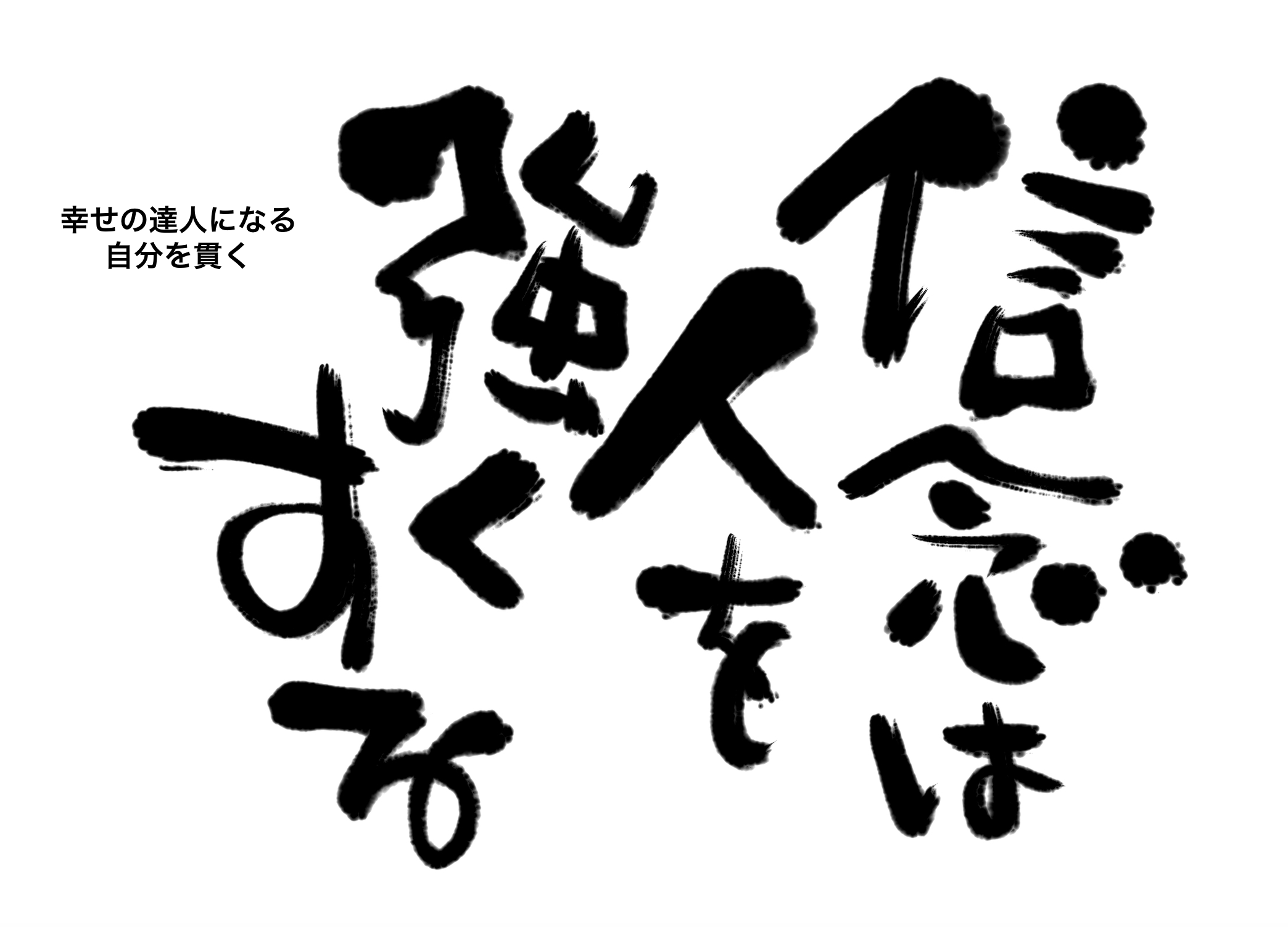
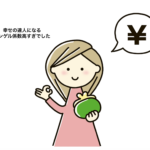
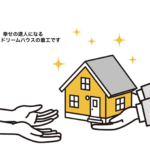
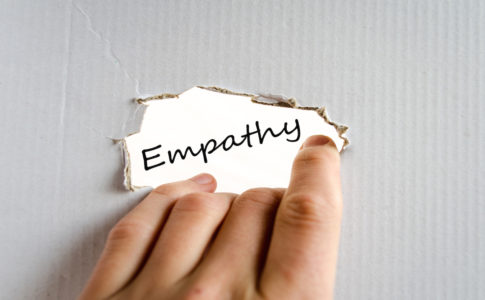
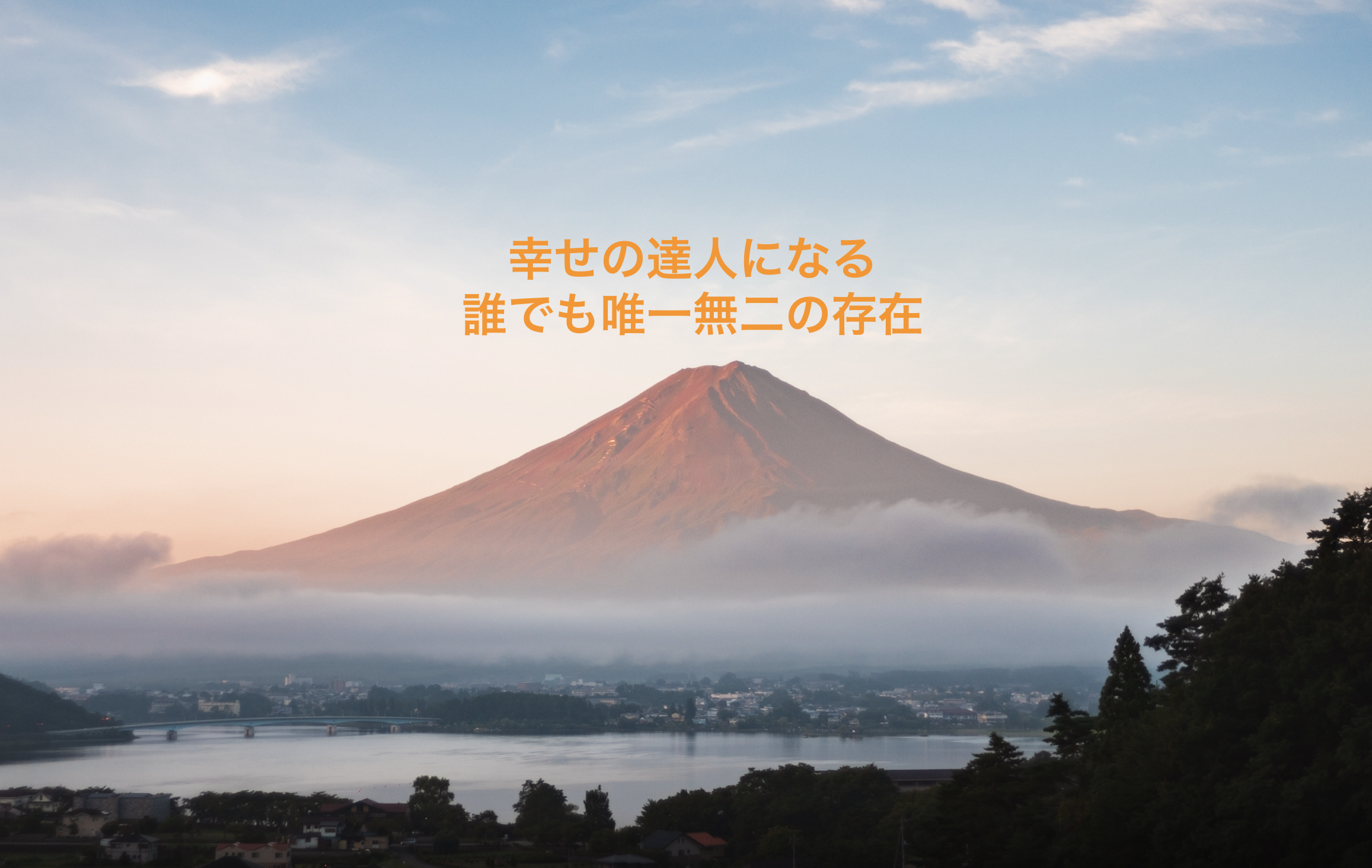

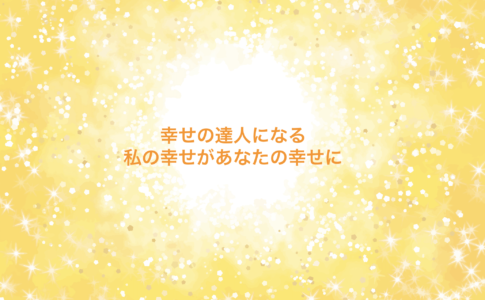
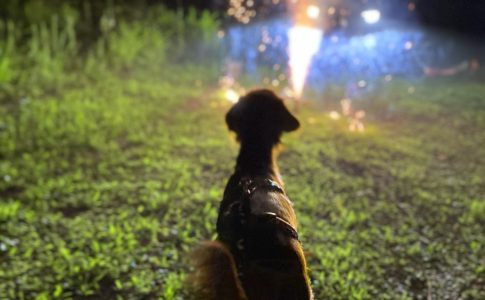
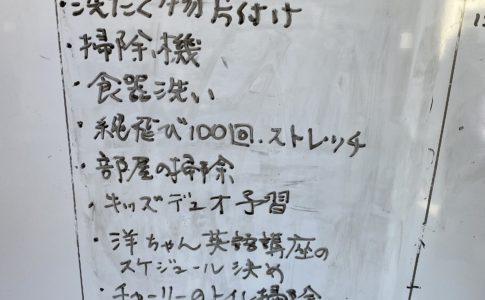
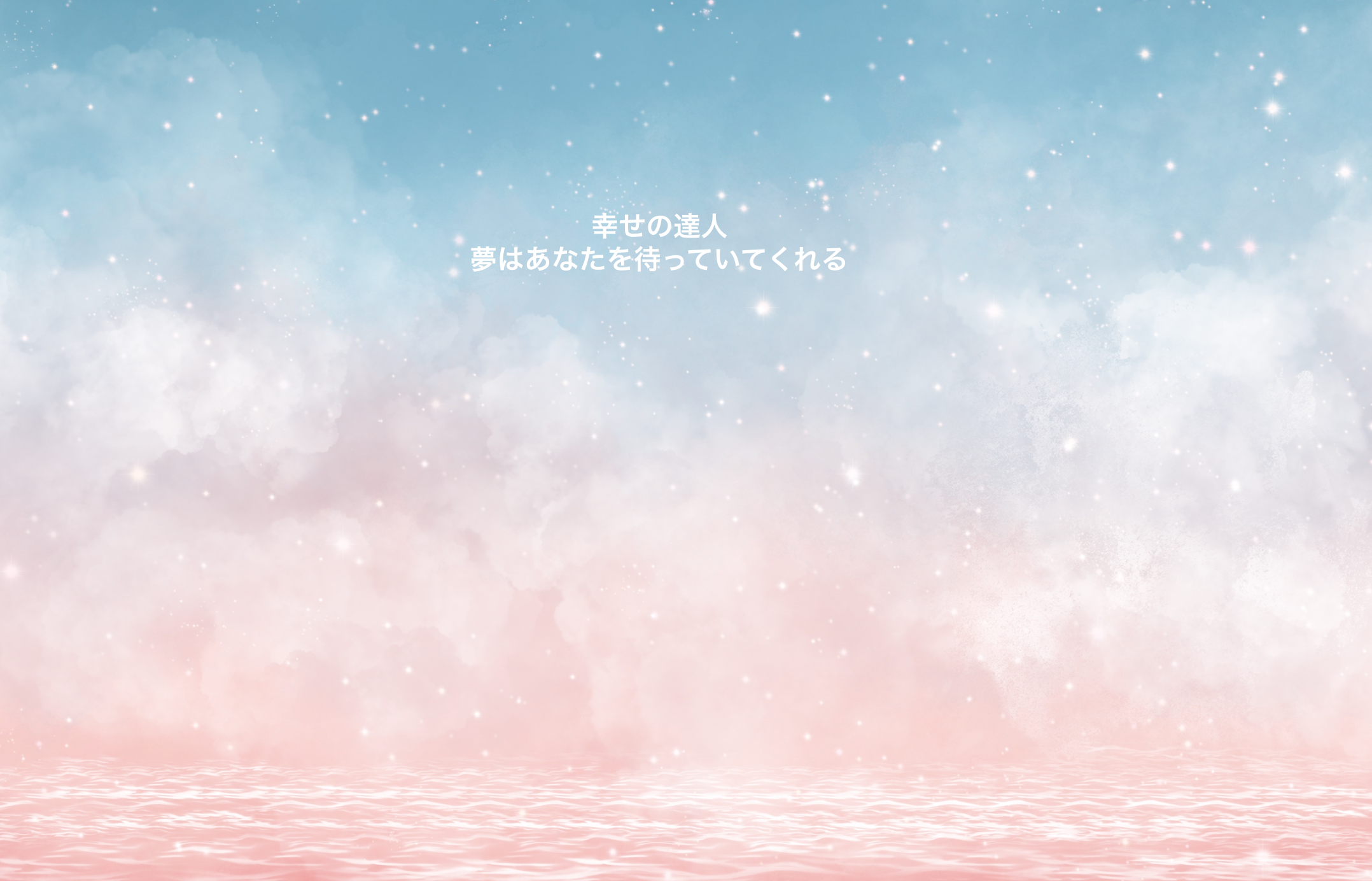
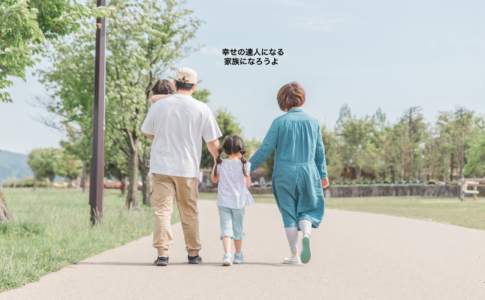
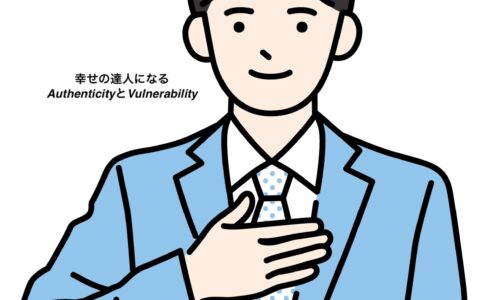
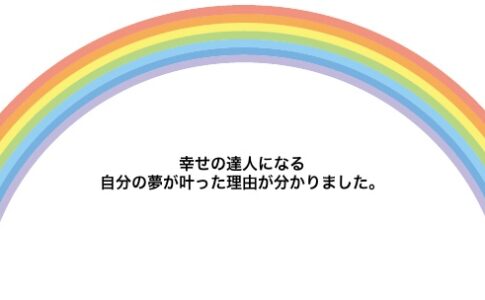
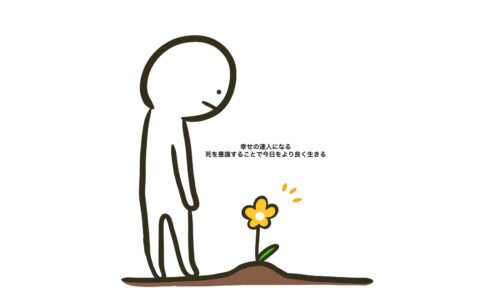
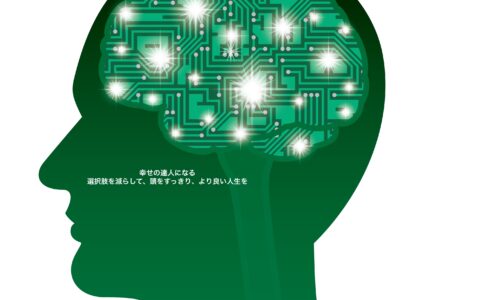

どんなに反対意見があろうとも、自分で一生懸命考えた上での意見であれば臆することなく自分の意見を述べる。重要なのは他人任せでなくて、自分で考え、悩み、失敗しながらも前に進で行く人生。そんな人生を送っていれば絶対に間違いはありません。さあ、今日も自信を持って進んでいきましょう。